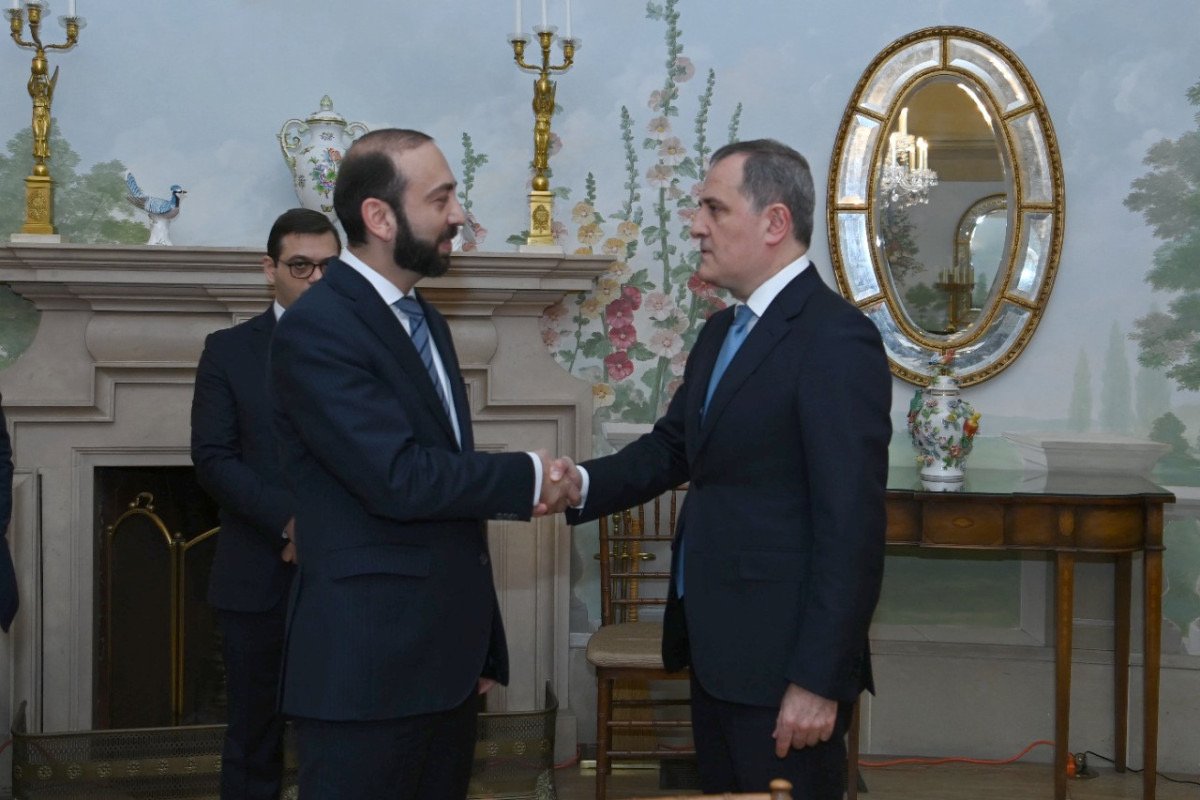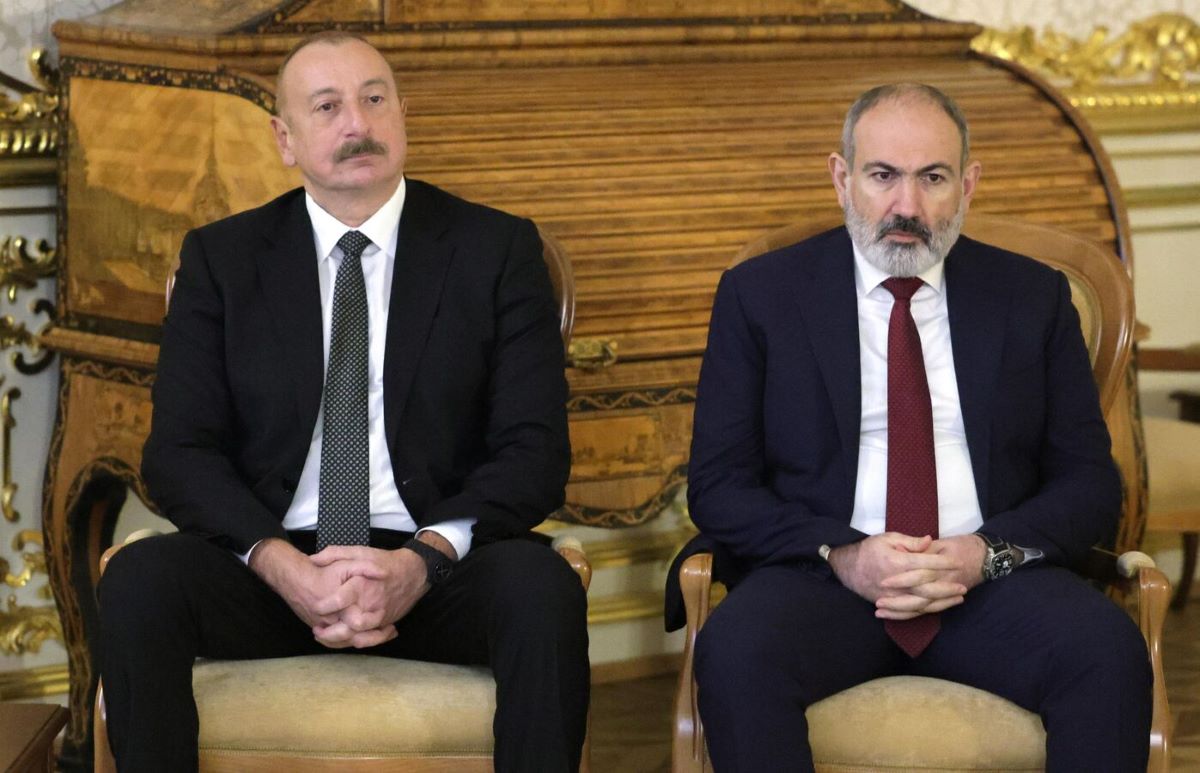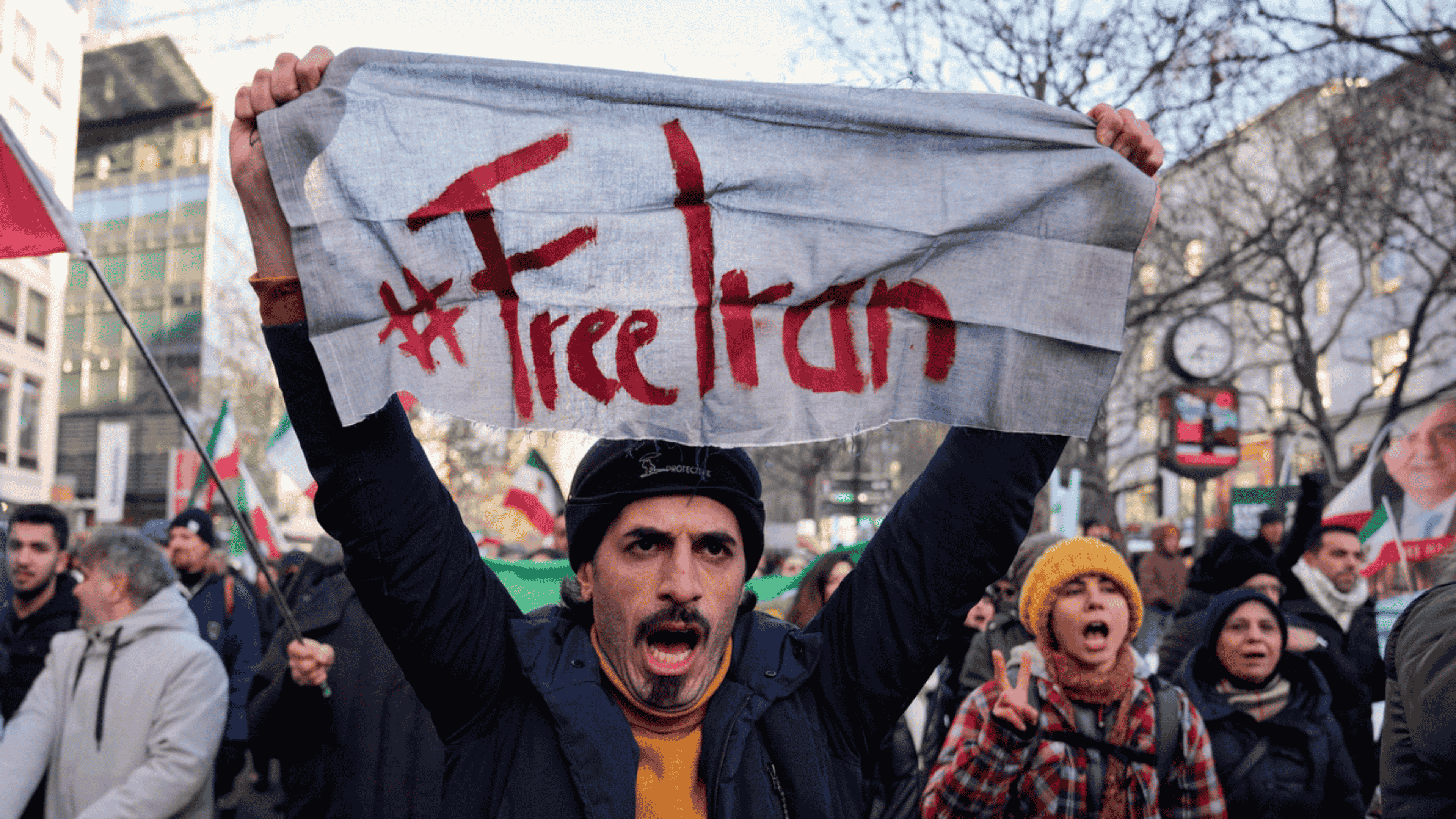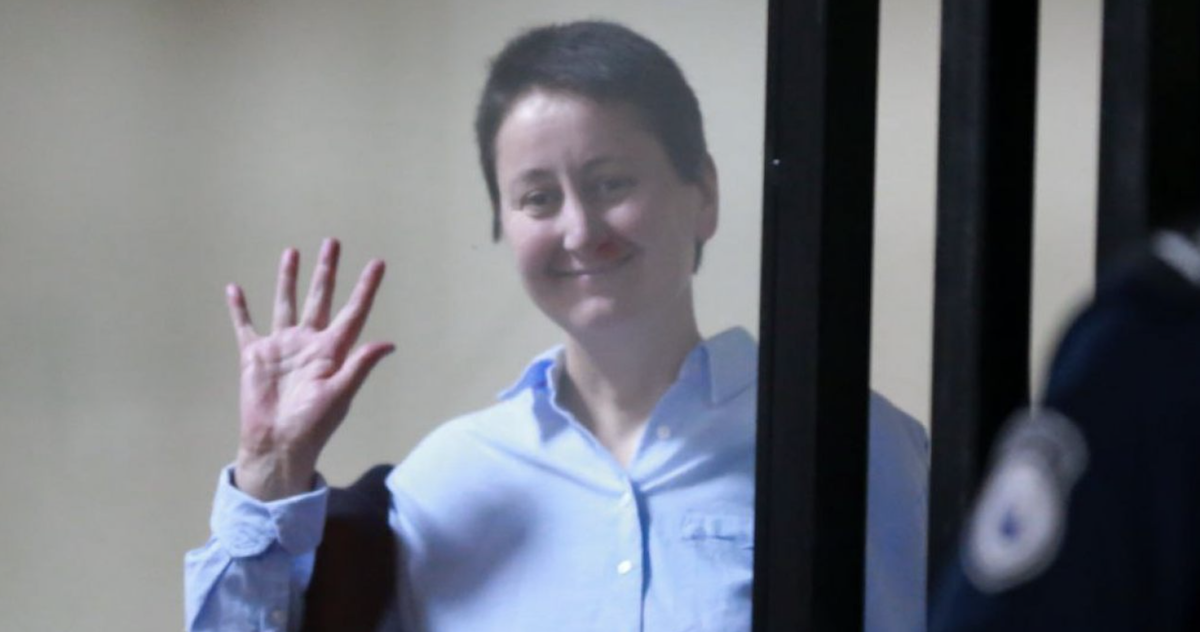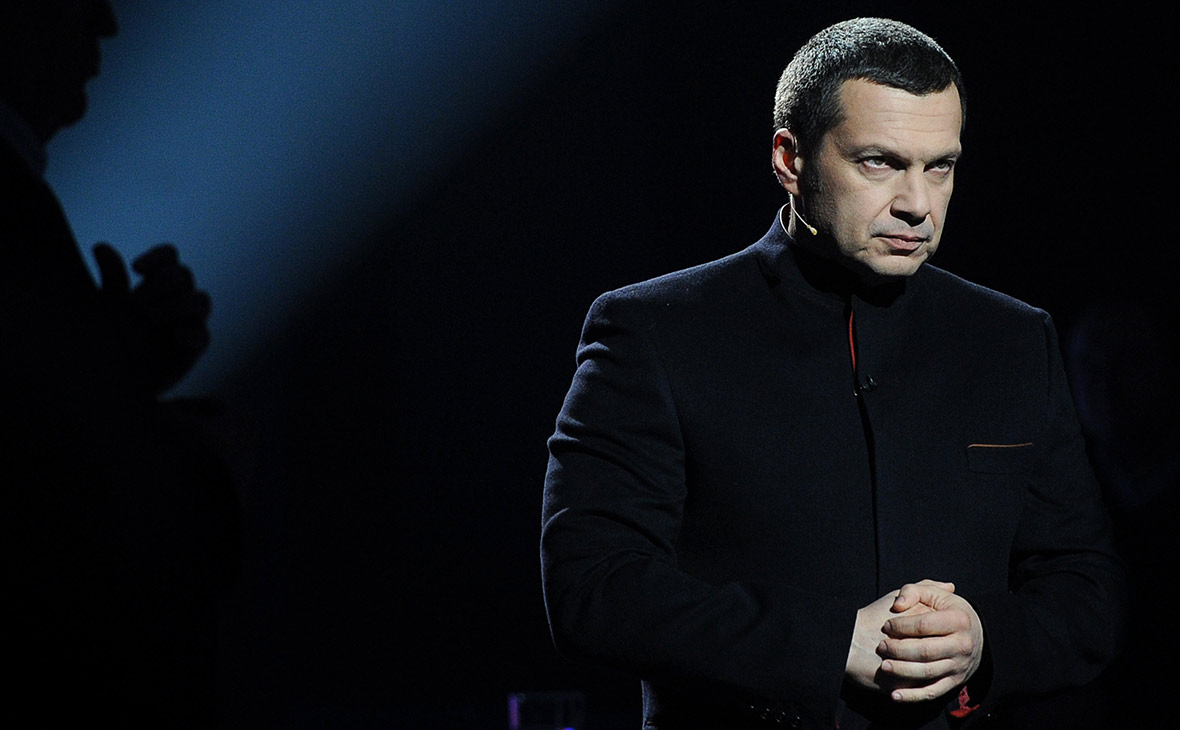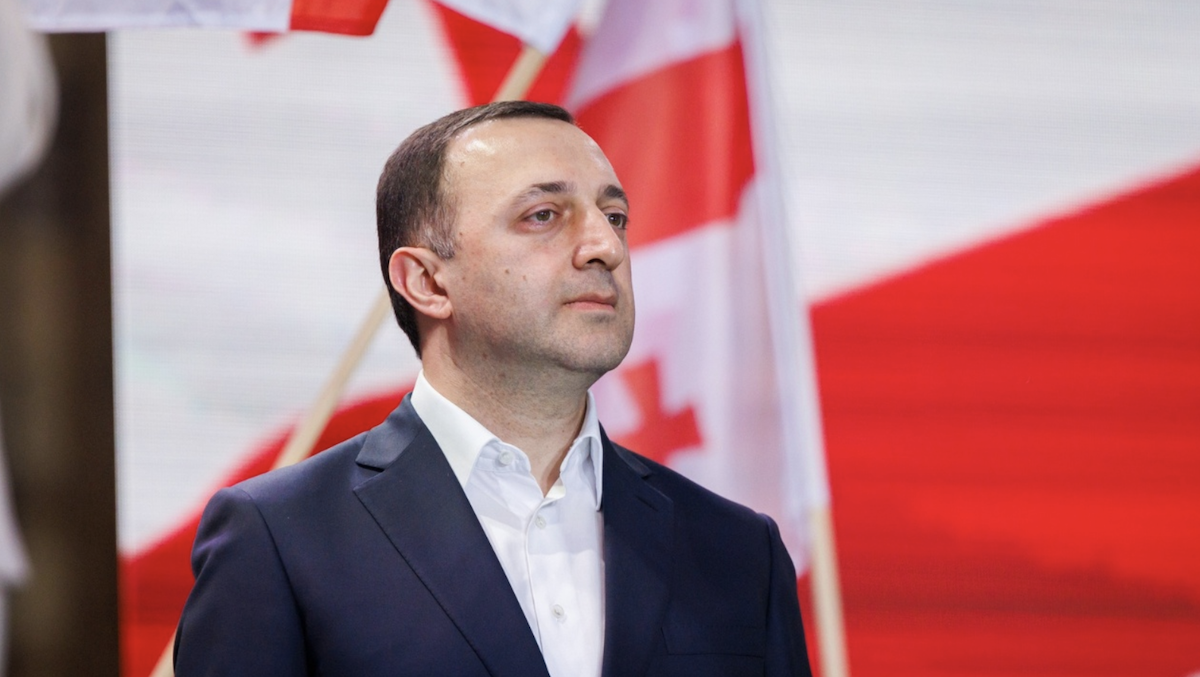No guarantees that Baku won't proceed with another escalation": Opinion
Comment by Olesya Vartanyan
Have the Armenian-Azerbaijani negotiations reached a deadlock? Olesya Vartanyan, an expert on the South Caucasus from the International Crisis Group, responds: ‘It’s hard to say exactly what is happening right now. But there are issues on the negotiation agenda that could be quite easily resolved with political will.'”
In particular, this concerns the delimitation of the Armenian-Azerbaijani border and the unblocking of regional communications. However, according to her, these issues have been discussed without results for a year and a half, leading to the conclusion that “there is a lack of political will.”
Details of the expert interview aired on Radio “Azatutyun” (Liberty).
- “Baku intends to escalate border tensions into full-scale war” – Pashinyan
- “Baku forcing new concessions from Yerevan”: view on the latest escalation
- “Pashinyan seeks peace, while Aliyev pursues war”: opinion from Yerevan
“There is no agreed position on delimitation”
The Almaty Declaration, referred to by the Armenian authorities when discussing the border between Armenia and Azerbaijan, does not imply any specific map, she highlights. Vartanyan also notes that the maps from the 1970s, mentioned by the Armenian side, were initially proposed by European partners and then actively promoted by the Americans.
The statement signed in Granada, where they are mentioned, was only signed by the Armenian side. The president of Azerbaijan refused to participate in that meeting and did not sign it.
“Azerbaijan essentially holds the stance that each section of the border should be delimited individually,” she explains.
And this could lead to disputes and problems, even if a peace agreement is signed:
“When I spoke with the Armenian side representatives, diplomats, they said that this would open Pandora’s box. It turns out that any segment could become disputed at any moment.“
Recently, there have been statements suggesting that Armenia might slightly soften its position on the delimitation issue, the expert notes. She recalls the words of the prime minister of Armenia about the possibility of delimiting individual border segments. In her opinion, if the process goes in this direction, it means that there will be no specific map, as Baku wants:
“As far as I understand, there is no final decision or universally accepted position within the Armenian authorities on this issue.“
The analyst believes that the peace agreement to be signed between Armenia and Azerbaijan may not specify a particular map, leaving this issue unresolved for now.
The issue of unblocking and controlling the roads can be resolved”
Armenia is particularly interested in ensuring that any steps or decisions regarding transportation lead to the country’s unblocking.
For this purpose, Olesya Vartanyan suggests, the Armenian side would be willing to consider certain special conditions for the use of one of the roads within its territory—a step that could contribute to opening the borders with Turkey and Azerbaijan:
“Primarily, this concerns opening the border with Turkey, a country with a large population and economic potential. From a cooperation standpoint, this is, of course, very important for Armenia.”
According to her, the key issue is who will ensure the security of the unblocked roads. Armenia rules out Russian control. However, as Vartanyan states, this is in the interest of “two big elephants,” indirectly involved in the Armenian-Azerbaijani negotiations, referring to Russia and Turkey.
The expert assesses that unblocking transport communications is a solvable issue. With political will, solutions can be found to ensure the safe operation of the roads:
“It doesn’t necessarily have to be a corridor. For example, when you travel from Armenia to Russia through Georgian territory, in a sense, you’re again passing through a corridor because some operations, like document checks or control, are not conducted by Georgia itself.“
The expert believes that unblocking meets the interests of all countries in the region. The question is how control will be managed, and she does not exclude the possibility of involving private companies.
Azerbaijan still holds advantageous positions,” says Olesya Vartanyan. After the September war of 2022, little has changed for Armenia, despite the supply of weapons and ammunition from France and other countries. She points out that the Azerbaijani military occupies advantageous positions, particularly regarding the Armenian regions of Vayots Dzor and Gegharkunik. In Syunik, on the southern border of Armenia, they are positioned near key communications:
“Azerbaijan is strong enough to resolve certain issues using military power. This doesn’t mean they will necessarily proceed to open a route along the border with Iran [the Zangezur Corridor].”
However, Vartanyan does not rule out new military operations that could force Yerevan to comply with Baku’s demands. These actions, she says, could involve, for example, “splitting the country into two parts.”
“It’s possible to conduct an operation that leads to the isolation of Syunik, to force the Armenian leadership to make certain concessions. Baku has options besides capturing or occupying Armenian territory. They can enter, force Armenia to make some decisions, and leave,” she explained, recalling the operation carried out by the Azerbaijani military in Nagorno-Karabakh in September 2023 and the cessation of hostilities after 24 hours.
She considers it noteworthy that in November, Azerbaijan will host the UN Climate Change Conference, an event of great importance to Ilham Aliyev. The president of Azerbaijan expects high-level representatives from Western countries to participate.
“Conducting a military operation under such circumstances would imply certain criticism and problems with the arrival of guests. At the same time, this cannot be considered a full-fledged guarantee,” believes Olesya Vartanyan.
Moscow and Baku have an unresolved issue
According to Vartanyan, the principal unresolved matter between Baku and Moscow concerns the fate of the Russian peacekeeping mission deployed in Nagorno-Karabakh. She states that the peacekeepers were unable to fulfill their primary function of preventing escalation:
“Almost the entire local population, with the exception of 24 individuals, has left Nagorno-Karabakh.“
In this scenario, the expert observes, the Russian peacekeepers no longer have any role justifying their continued presence. Consequently, there arises the question of their next potential location after leaving Nagorno-Karabakh.
“From what I understand, there’s significant concern in Yerevan that some form of escalation might occur, leading to attempts to relocate this mission to the south of Armenia,” she says.










